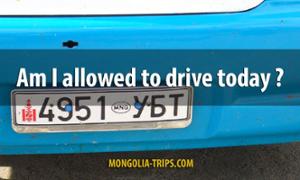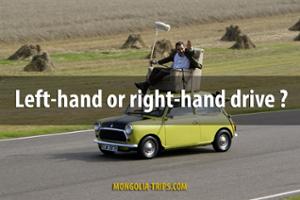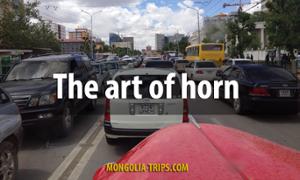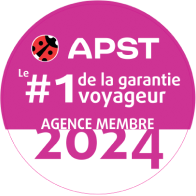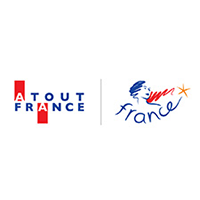Mongolia
Driving in Ulan Bator: 8 things to know!
Driving in a foreign country, especially in a congested city as Ulan Bator, can be a real challenge. Summon your patience, buckle down, and read this little survival guide to understand how Mongolian people drive and manage to weave in and out in the traffic of the sprawling Mongolian capital.
Can I drive today ? It depends on your license plate number
The first thing you have to do before driving in Ulan Bator, is to check if you're allowed to. The city of Ulan Bator was created for 400.000 inhabitants, but it has reached 1.300.000 today! There are much more cars than expected and traffic causes a problem. So the city council imagined an alternate driving system in order to limit the number of vehicles: if your license plate number is finished with 1 or 6, you can't drive on Monday; if it's finished with 2 or 7, you can't drive on Tuesday, etc. Be careful! If you drive while you're not allowed to, you can be sure you'll get a fine: the police checks with great attention!
Left-hand or right-hand drive?
Here you are, at the wheel of your car, but... on which side is it placed? In effects, in Mongolia, there are just as many left-hand drive cars as right-hand drive cars. Why? Because there are principally second-hand cars, and the side where the wheel is placed only depends on the country from where the car has been imported. For example, cars that come from Japan or Hong Kong will have a right-hand drive, whereas cars from South Korea or USA will have a left-hand drive. Now that you know that, don't worry, if your car has a left-hand drive, it's ok for you, you'll have no problem to drive on the right side of the road!
What about passing? On the right or on the left?
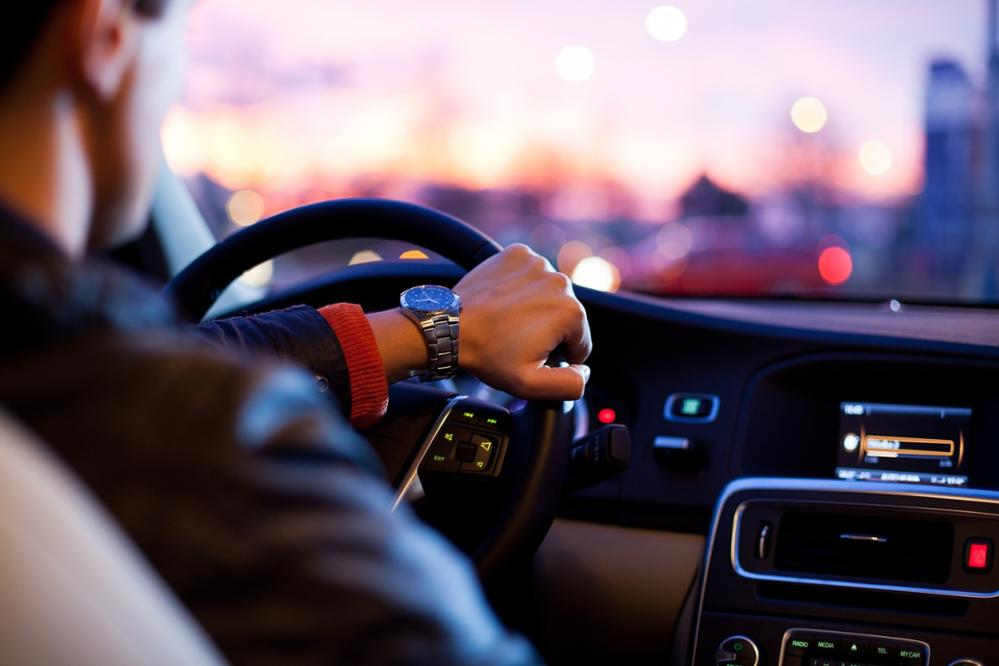
You're on the right side of the road, sat on the left side of your car, all is ok... And that's when you're overtaken indifferently on the left or on the right. Cars go wild, the two lanes become four lanes... If you have the bad luck to drive during the Naadam, you will see that some streets (towards the racecourse for example) get 11 lanes, everybody trying to move by taking the tracks along the main road, and, of course, trying to get back in your lane to pass bridges for example. So you just have to jostle for position to fight your way through, and to forget your civic-mindedness for a while, or you could stay stuck.
Traffic lights
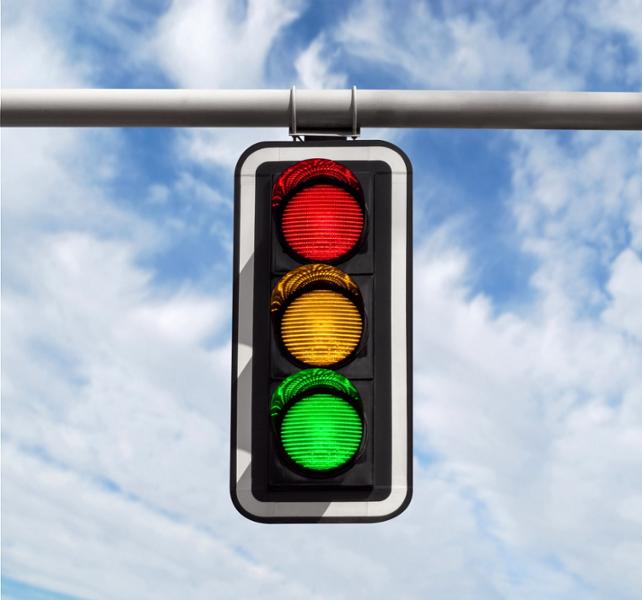
Once again, traffic lights might surprise you, because the rule is a bit different from what we usually know. Let's suppose that the traffic lights work... Well, this is how the highway code is applied in Mongolia: - when it's green: it's time to move, but if the queue can not, then let's lose our temper and toot our horn; - when it's orange: we waited for a long time when the light was green, and that's when the light gets orange. One single solution: accelerate! - when it's red: you're stucked in the middle of the crossroad and you finally understand why nobody could move when the light was green...
Sense of priorities
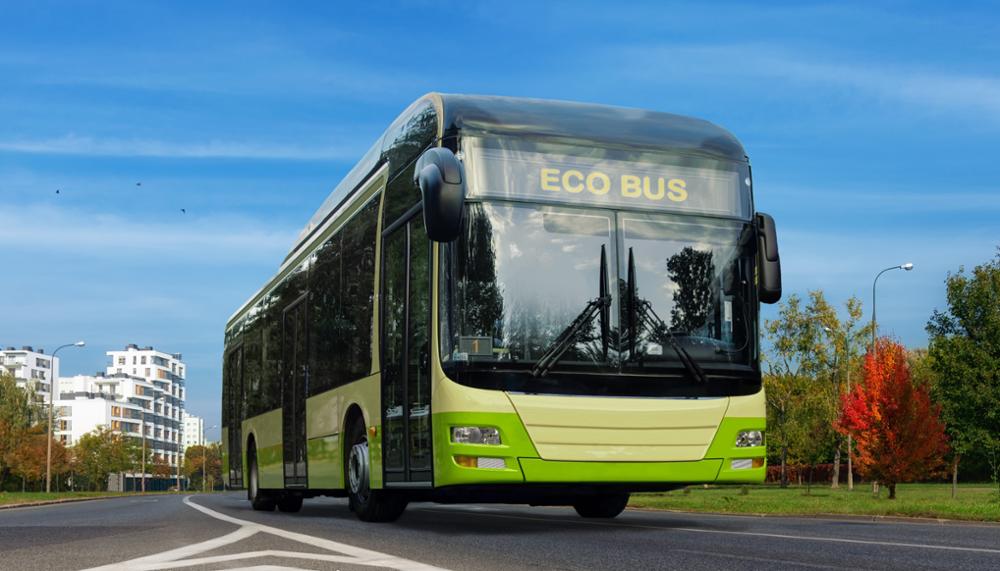
The biggest difference with the European driving seems to be that priority is not to the right, nor to the left, but often to the most cheeky! And it depends a lot on what type of vehicle you have... I'm sure you understand, priority to buses ! In Ulan Bator, buses are often in poor condition and their drivers are very cheeky. They're able to pull back in on your lane while you're overtaking, obliging you to get close to the opposite lane or to slow down to go behind the bus.... As soon as you see a bus, you must stay extremely watchful. After buses, priority is often given to big 4-wheel drives or to very dilapidated vehicles on which one more bump wouldn't make much difference. Those who have middle-range cars in good condition are least entreprising for fear of damaging their car that probably was an important investment. If you're not a driving kamikaze, then grin and bear it, someone might let you move... one day, maybe...
Pedestrian crossings
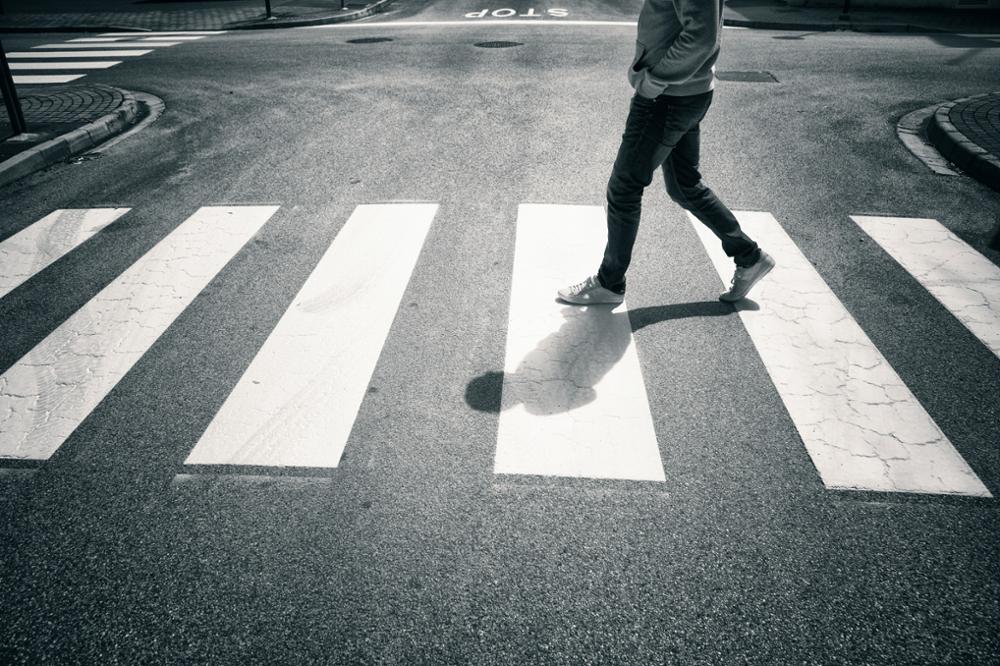
Unfortunately,in the priority rankings, the smallest and weakest is the pedestrian and his two legs. Never think that cars will let you cross the street just because you're on the pedestrian crossing! And when you're driving, don't forget that Mongolian pedestrians are very risk-taking. You'll have to be very watchful at each moment to avoid the pedestrians who try to cross and show up in the middle of the lane.
Speed limits
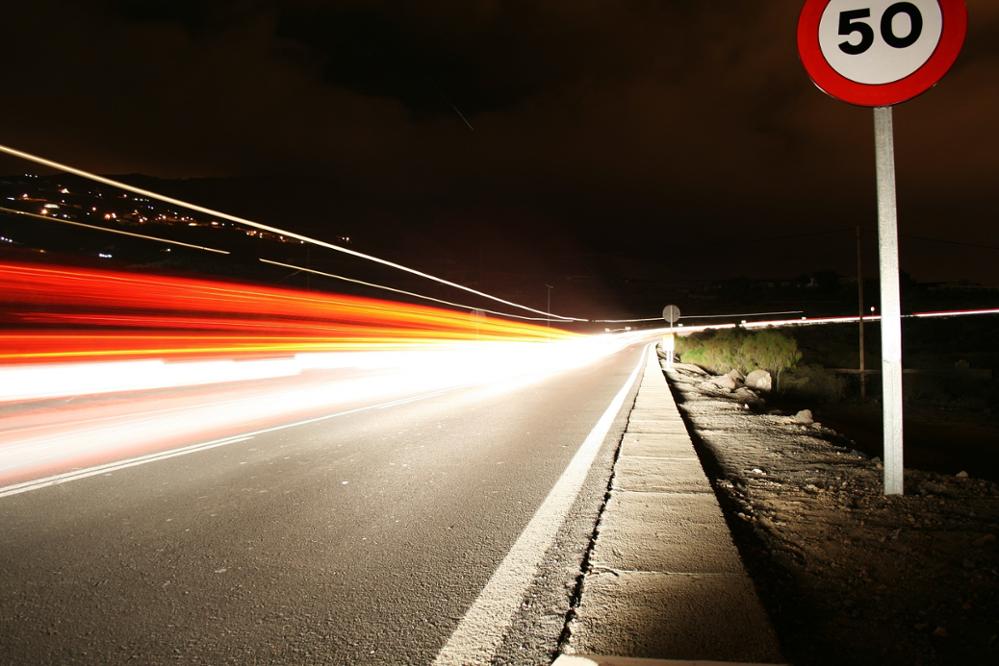
Although speed is normally limited to 50 kph on the main urban lanes and to 20 kph in the residential areas, you will rapidly see that Mongolians like to go too fast as soon as they can (at night for example). Always stay watchful, even when traffic is fluid. And don't forget that the road can be in a very bad state and if you speed, you might see only at the last moment the pot-hole (or the barrel-hole should I say!) in the middle of the lane. The local Council recently put several cameras in the city and repression intensified. Now, fees are directly sent home. Let's hope drivers will be more cautious!
Horn is my best friend
Using your horn in this urban jungle remais a real help. Don't thik that road hogs honk only to grumble, horn is also used to let the others know one's presence and the danger it could be. If you overtake a bus or a truck, you can honk at the same time to inform the driver that you're passing. If a pedestrian seems to have a dangerous attitude, you can also honk just to inform him/her that you won't slow and that he should wait again before passing.
So don't be afraid to be too Noisy, even in a residential area, and honk!
A lot of strangers, and even Mongolians, don't dare to drive in the capital. But with a bit of experience and a lot of watchfulness, this new way to drive, to say the least crazy, can turn to be very exciting.
If you really are too quiet for that, you can simply avoid some time slots. For example, it's better to go to work early (before 8.30AM) and to turn back home before 5PM. Shopping can be done on Saturday or Sunday, in the morning: Sunday morning at 10AM will always be peaceful.
